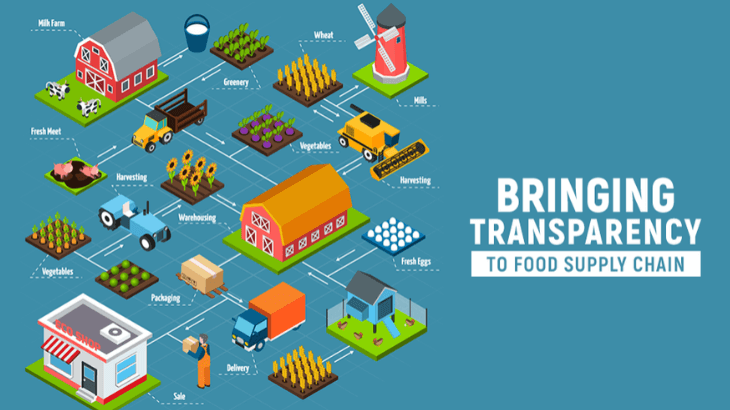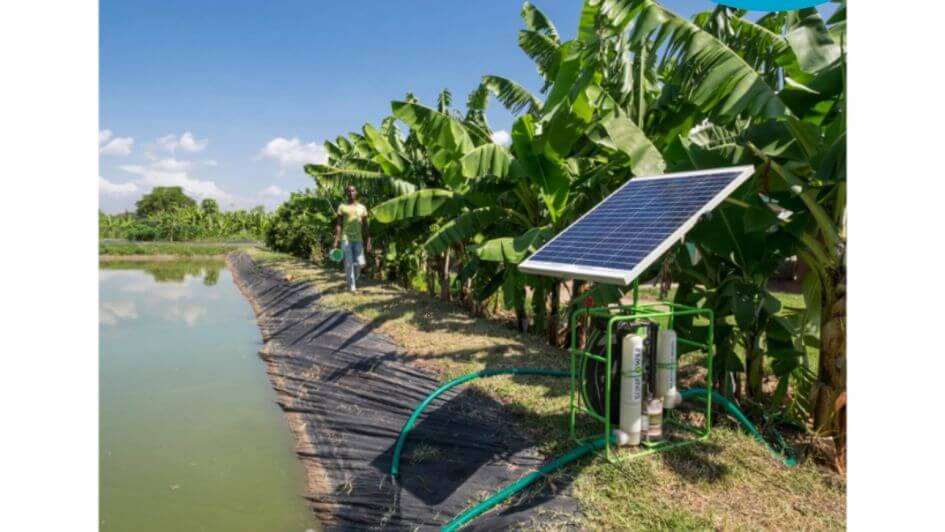In today's rapidly evolving world, the integration of renewable energy in agriculture is not just an option but a necessity. Agri-businesses worldwide are increasingly adopting solar, wind, and biogas technologies to power their operations, significantly reducing dependence on fossil fuels. This shift towards sustainable energy sources is crucial for addressing environmental challenges and ensuring the long-term viability of agricultural practices. This blog post delves into how renewable energy is transforming agri-business, highlighting the benefits, technologies, and future prospects.
The Role of Renewable Energy in Agri-business
Renewable energy sources are transforming agri-business by providing reliable and sustainable power solutions. As the global demand for food increases, so does the need for efficient energy use in agriculture. Renewable energy offers a viable alternative to traditional fossil fuels, which are not only finite but also harmful to the environment. By incorporating solar, wind, and biogas technologies, farmers can enhance productivity and contribute to a greener planet.
Solar Energy in Agriculture
Solar energy is one of the most accessible and widely used forms of renewable energy in agri-business. Photovoltaic (PV) panels convert sunlight into electricity, which can be used to power irrigation systems, greenhouses, and other farm operations. Solar water pumps, for instance, are particularly beneficial in regions with limited access to electricity. By utilizing solar energy, farmers can reduce their energy costs and decrease their dependency on fossil fuels.
Sources:
Wind Energy for Farms
Wind energy is another powerful renewable resource that can be effectively harnessed in agri-business. Wind turbines convert kinetic energy from the wind into electricity, which can be used to power various farm equipment. In regions with strong and consistent winds, wind turbines can provide a substantial portion of a farm's energy needs. Moreover, wind energy can be integrated with other renewable energy systems, such as solar and biogas, to create a hybrid system that maximizes energy efficiency.
Sources:
Biogas: A Sustainable Solution for Agri-business
Biogas production is an innovative way to utilize organic waste from agricultural activities. By decomposing animal manure, crop residues, and other organic materials in an anaerobic digester, biogas is produced. This biogas can then be used to generate electricity, heat, or even fuel vehicles. Implementing biogas systems on farms not only reduces waste but also provides a renewable source of energy that can help farmers become more self-sufficient.
Sources:
Hybrid Renewable Energy Systems
Combining different renewable energy sources can lead to more efficient and reliable power solutions for agri-business. Hybrid systems that integrate solar, wind, and biogas technologies can provide a steady supply of energy regardless of weather conditions. For instance, when solar panels are less effective during cloudy days, wind turbines or biogas generators can compensate for the energy shortfall. This synergy between different energy sources enhances overall energy security and sustainability.
Sources:
Economic and Environmental Benefits
The adoption of renewable energy in agri-business offers numerous economic and environmental benefits. Economically, renewable energy can reduce operational costs, increase energy independence, and provide new revenue streams through the sale of excess energy. Environmentally, it reduces greenhouse gas emissions, minimizes pollution, and promotes the conservation of natural resources. These benefits make renewable energy an attractive option for sustainable farming practices.
Sources:
Challenges and Solutions
Despite the clear advantages, there are challenges associated with integrating renewable energy into agri-business. Initial investment costs, technical expertise, and maintenance requirements can be significant barriers for many farmers. However, government incentives, subsidies, and advances in technology are making renewable energy more accessible and affordable. Furthermore, collaboration between farmers, researchers, and policymakers is essential to address these challenges and promote widespread adoption.
Sources:
Future Prospects
The future of renewable energy in agri-business looks promising. Technological advancements and decreasing costs are likely to drive further adoption of renewable energy solutions. Innovations such as smart grids, energy storage systems, and precision farming techniques will enhance the efficiency and reliability of renewable energy systems. As awareness and support for sustainable agriculture grow, renewable energy will play a crucial role in shaping the future of farming.
Sources:
Conclusion
Renewable energy presents a transformative opportunity for agri-business, enabling farmers to reduce their reliance on fossil fuels, lower operational costs, and contribute to environmental sustainability. By harnessing solar, wind, and biogas technologies, the agricultural sector can achieve greater energy efficiency and resilience. The integration of these renewable energy sources into farming practices not only addresses the current energy challenges but also paves the way for a more sustainable and prosperous future for agriculture.
To foster this transition, it is crucial for stakeholders to support and invest in renewable energy initiatives. Policymakers, researchers, and farmers must collaborate to overcome barriers and promote the adoption of sustainable energy solutions. Together, we can ensure that agriculture remains productive, profitable, and environmentally responsible.
Call to Action:
Join the movement towards a sustainable future in agri-business by embracing renewable energy technologies. Explore solar, wind, and biogas solutions for your farm and reduce your environmental impact. Share your thoughts and experiences in the comments below, and let's work together to revolutionize the agricultural sector.
Top Question:
How can renewable energy technologies be better integrated into your farming practices to enhance sustainability and efficiency?
By addressing the integration of renewable energy in agri-business, we highlight a crucial pathway for sustainable development. Leave a comment below and share how you plan to incorporate renewable energy into your farming operations
















.jpg)
.jpg)
.png)
